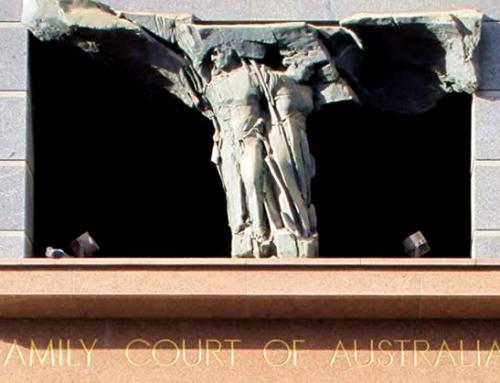The defamation law suit brought by Johnny Depp against his ex-wife Amber Heard was recently tried in the USA in what was arguably the most highly televised and talked about celebrity court proceedings of the decade.
If you managed to escape the media’s Hollywood style reporting of the event, here is a breakdown of the claim brought against Ms Heard by Mr Depp. Essentially, Mr Depp (successfully!) sued ex-wife Ms Heard in relation to an op-ed which she wrote in 2018 where she discussed her alleged lived experience as a domestic abuse survivor. The op-ed did not mention Mr Depp by name however it was inferred by Mr Depp (and, arguably, the rest of the world) that the piece had been written about him.
Following six weeks of intense testimony from both Depp and Heard, as well as a horde of friends, family, previous partners, doctors and other experts, the jury ultimately took just 36 hours to come to a decision – that Ms Heard had knowingly and maliciously defamed Mr Depp in writing her 2018 op-ed.
While the outcome for Mr Depp included a verdict in his favour, USD$15 million in damages, an enlivened Hollywood career and intense internet fame, the troubling consequences of this case for domestic abuse survivors the world over is a whole lot less glitz and glam, and more than a few steps back in the progress made since the ‘Me Too’ era for domestic violence survivors and advocates.
There is no perfect victim of domestic abuse. Domestic abuse is not gendered. There is no perfect strategy for speaking out against abusive partners. Neither Johnny Depp nor Amber Heard will likely see your comments or tweets online, your visceral reactions and comments made about domestic abuse victims and the potential exaggerations and untruths told by survivors will go unnoticed by them, but those who will see and hear these comments are your friends, your family and your children.
Contact us at Tiyce & Lawyers, we are here when you need us.
Image credit: GabboT, CC BY-SA 2.0 via Wikimedia Commons






